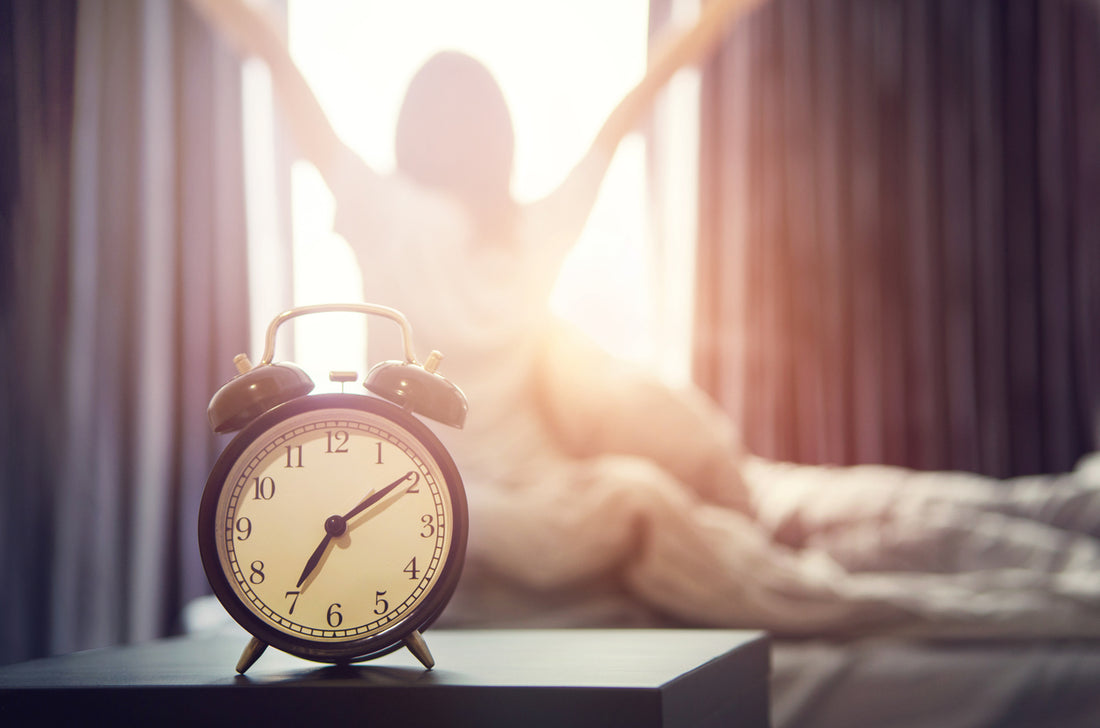
Routine
Dr. Linda HancockMany, many years ago I was fascinated to hear about an experiment in the southern United States. An apartment-like structure was built underground. One person agreed to enter into it for several weeks to determine what might happen to routines without other people, light, or clocks being present.
Cameras were placed in the cave so that the subject could be watched, and activities could be recorded. After a few days, a natural pattern was evident. The person in the cave would, surprisingly, sleep for around forty-eight hours and then be awake for days at a time.
Since then, I have been interested in seeing other experiments such as one in France about three years ago where fifteen volunteers lived in a cave for 40 days without daylight or clocks. A lack of external contact was again a priority. The results showed that two-thirds of the volunteers wanted to stay longer than the planned 40 days in this cave. As expected, those individuals lost their sense of time, and some could not even estimate how long they had been in the cave.
Without having any obligations or technological interruptions, the participants were able to choose what they would do. Some exercised, and all of them apparently measured their time not in hours but in sleep cycles which followed their biological clocks rather than the routines that most people expect to or endeavor to experience.
One of the most interesting observations was the way that those people who were underground synchronized themselves to work on projects and organize tasks without having any way to set times for this.
If you compare the described environments with your own, you will likely find strong contrasts. We tend to think that we should follow rules to maintain health. Rising with the sun and sleeping in cycles of 6 to 8 hours might not be what our bodies really need.
Having technology and timepieces might feel convenient but perhaps they are just habits that we have allowed to control our lives instead of tools of efficiency.
I have been wondering if the two-thirds who wanted to stay in the cave were just thankful that they didn’t have the responsibility of looking after children, elders and workmates. Their stress levels were greatly reduced by the fact that these demands were not present in the cave.
Perhaps we can use these articles to think about what we are doing to ourselves that could be changed with a little thought and a few boundaries.
Are you annoyed that you don’t sleep the hours that are recommended by professionals? Maybe it would be a good idea to just go to bed and sleep until you wake up in order to know your natural biological rhythm.
Are you so filled with stress because you are buying things you don’t need with money you don’t have to impress people you don’t even like?
Are you a people-pleaser who fills your life with commitments that cause fatigue followed by resentment?
What would happen if you turned off the technology, pulled the blinds and retreated into your own little cave for 40 days?
Interesting experiment! Let me know how this goes for you!
